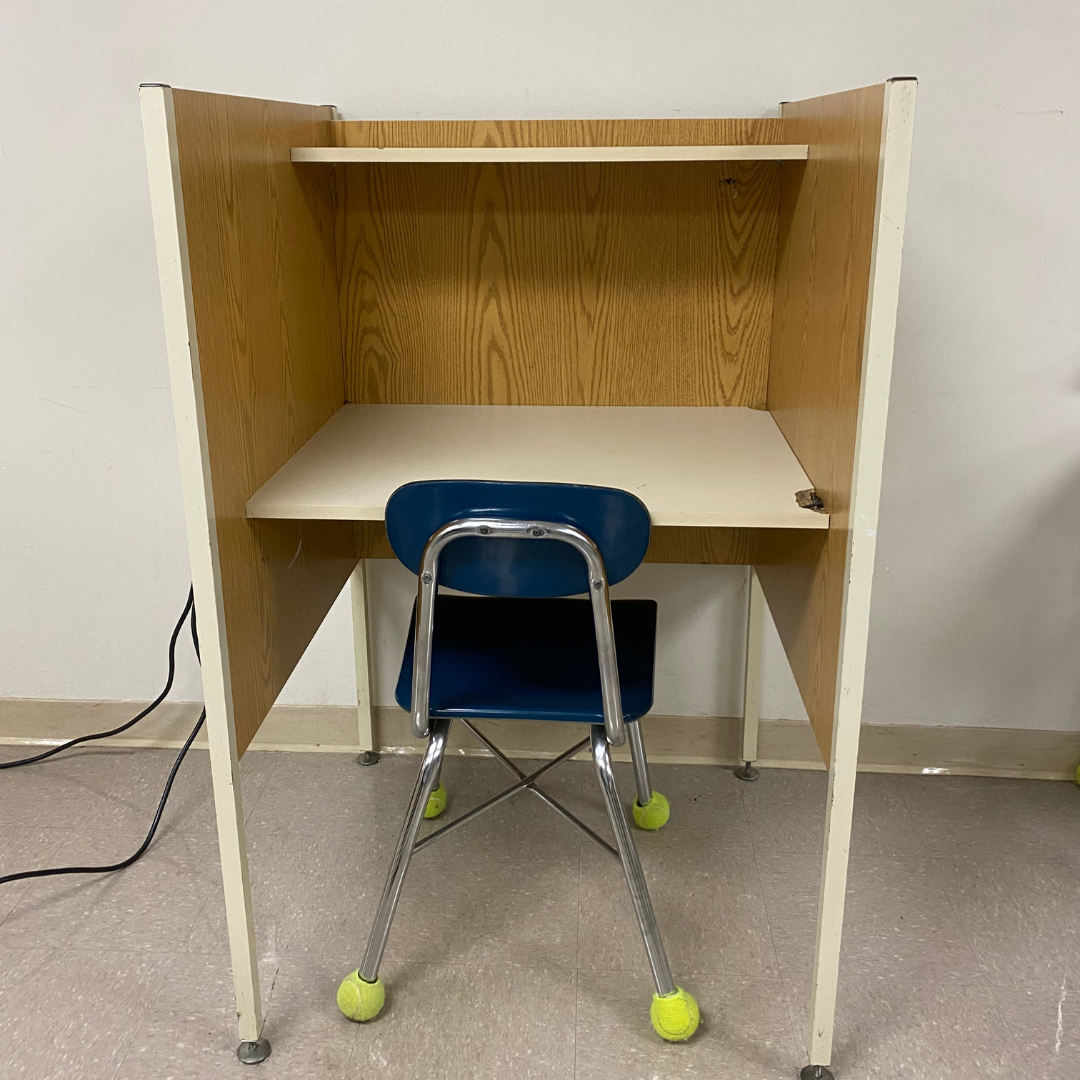When exam week comes around, many students at Athens Drive and all over North Carolina are stressed as they prepare for state-created standardized tests. Standardized tests first became prevalent after the federal No Child Left Behind Act in 2001, which instated them as a requirement for all states.
A standardized test is defined as a government-made test on what students are expected to learn by the end of the school year or course. They are usually shorter than teacher-made exams, but they often contain content that teachers do not teach. Standardized tests are required in most core classes (Mathematics, Social Studies, English and Science), known as North Carolina Final Exams (NCFEs) in most of them. Biology, Math I and English II have an End-of-Course (EOC) exam instead, which is longer and has a greater effect on a student’s final grade than an NCFE.
The rules for standardized testing are harsh and very strict. If teachers make one mistake in reading the instructions or a cell phone goes off during the test, all students may be required to retake the test, regardless of their performance.
Standardized testing also makes testing difficult for students with special needs. Although many students with special needs request a separate setting, the “separate setting” they end up in is a group of 15 students rather than the one or two students they ask for. As rules for standardized testing are strict, these special needs students can be forced to be in the room that they did not want to take the test in.
The first standardized tests that most students take are the End-of-Grade tests in elementary and middle school. There is a math and reading comprehension EOG for students in grades three through eight and a science EOG for students in grades five and eight. These tests are often used to determine whether a student will get promoted to the next grade. Even if students do well during the rest of the school year, they still can be retained due to a poor EOG score.
In High School, standardized tests begin to count towards a student’s overall grade. An NCFE or other final exam counts for 20 percent of a student’s final grade, and an EOC (End-of-Course Exam) counts for 25 percent of a student’s grade. Taking one exam not written by a student’s teacher can cause his or her grade to drop completely, resulting in a lower grade point average and possibly having more severe consequences.
The English exams across all grades are almost entirely reading comprehension, and completely ignore many of the important grammar concepts learned in English classes. This is a disadvantage for students that are better in these fields.
Standardized tests usually have a high curve, meaning that a student’s reported score on a standardized test is actually much higher than the student actually would have received without the curve. This curve was implemented to hide the fact that much of the information on standardized tests is not covered in class. Without the curve, many students would see their test score, and possibly even final grade, drop by as many as ten points.
Some standardized tests, such as the World History NCFE and the English II EOC, have a constructed response section. How is it possible for someone in the N.C. government that has never taught, or even met the student, to give a valid assessment of a student’s writing ability by reading a short five-line statement? With the recent implementation of online testing in several courses, this makes students question standardized test grading even more. So many people at schools, both students and parents, wonder who is looking at these tests.
Although making tests can be difficult for teachers, the process of preparing students for standardized tests can be even more challenging for them. Teachers have to spend lots of time preparing students for the tests, which can be very stressful and time-consuming.
A better plan for testing is to allow teachers to make the exams for all classes. This way, every student will not be tested on random information that the student was never taught, will actually learn the most important material, and no massive curve is required. Although making the exams can be hard on teachers, teachers can rest easy as they know that students are not going to be tested on random, unlearned information.











